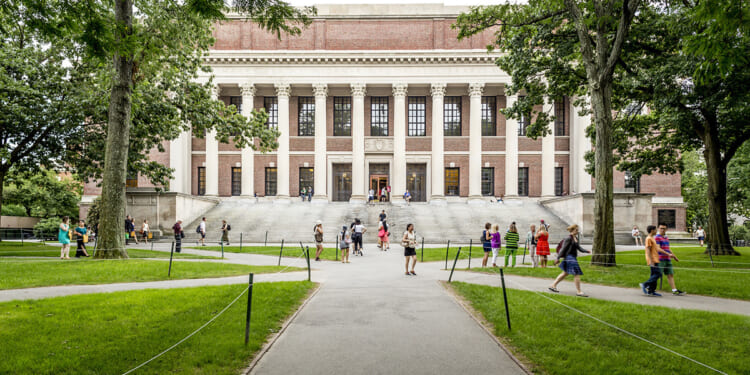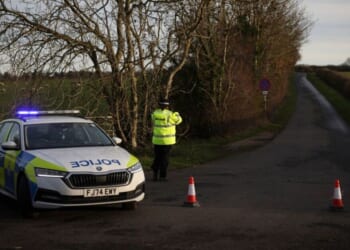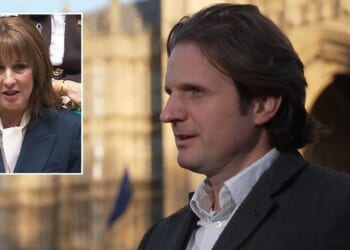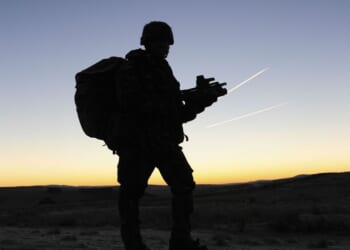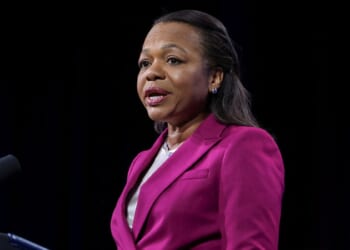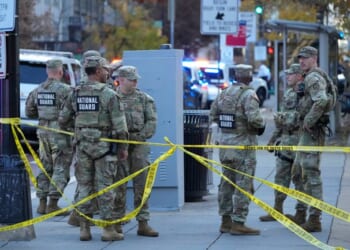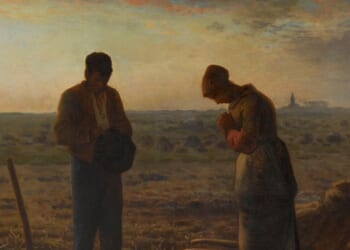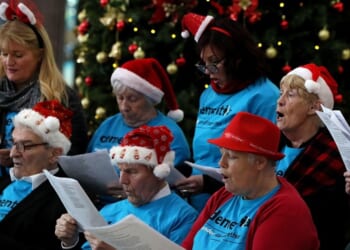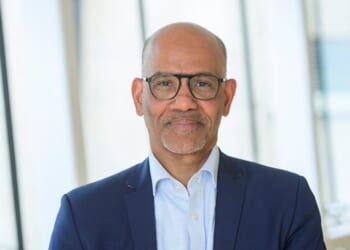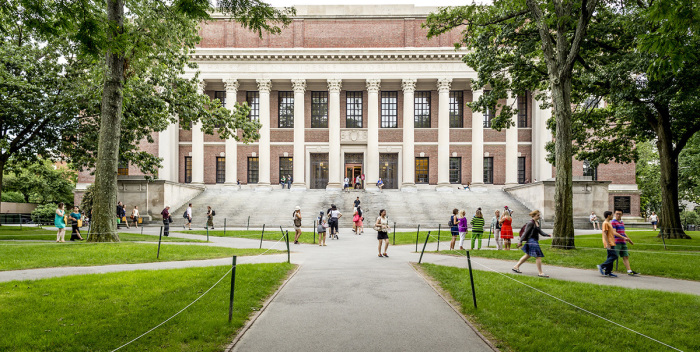
Academics punished for controversial speech in the United States reported little to no public support from their colleagues or faculty unions, a new survey shows, highlighting a climate of fear and silence on college campuses for scholars who draw backlash.
A nationwide survey sponsored by the nonpartisan advocacy organization Foundation for Individual Rights and Expression (FIRE) found that nearly all respondents described the personal toll of being targeted for protected expression as negative, with many citing serious emotional and professional consequences.
Researchers note that the study was conducted before the shooting of conservative activist Charlie Kirk while he was speaking on a Utah university campus in September.
“Cancellation campaigns are often wrapped in the language of preventing ‘emotional harm,’” said FIRE’s Manager of Polling and Analytics Nathan Honeycutt. “But our survey shows that it’s the mobs themselves that inflict lasting mental anguish on academics, many of whom still suffer the consequences long after the controversy subsided.”
Out of 635 scholars contacted by FIRE, 209 participated in the survey, which was fielded between Jan. 15 and April 15. All had been sanctioned or publicly targeted during the four-year period and were listed in FIRE’s Scholars Under Fire database. The survey was conducted anonymously to allow participants to describe their experiences without fear of reprisal.
The report, “Sanctioned Scholars: The Price of Speaking Freely in Today’s Academy,” includes first-person accounts from faculty who faced harassment, job loss and isolation after speaking out between 2020 and 2024.
“I was getting violent threats via email every day,” one respondent wrote. “The police were doing daily drive-bys because so many people threatened me with violence.”
Others described experiencing panic attacks, the inability to eat or leave their homes, and fears for their children’s safety.
More than nine in 10 participants (94%) reported that their experience had a negative impact on their lives. Sixty-five percent reported emotional distress, 47% lost professional relationships, 40% were shunned at work and 33% lost friendships. Roughly one in five lost their jobs entirely, while 27% sought psychological counseling.
Despite public commitments to free expression, many universities and faculty unions offered little visible support to the academics during the controversies. Only 21% of scholars said their faculty union provided even a moderate level of public backing, and just 11% received support from administrators.
The data also revealed a divide between private and public gestures of solidarity. While 49% of scholars reported receiving private support from colleagues, only 34% indicated any public support from their peers. One professor described public silence from fellow faculty members as the most painful part of the experience.
Honeycutt said the findings align with larger concerns about the chilling effects of censorship in academia. He noted that acts of suppression can deter not only the individual targeted but also others who fear the consequences of defending them.
The report also noted a partisan gap in how support played out.
A higher proportion of conservative scholars (55%) than liberal scholars (37%) said they received public support from the general public. But conservative academics were far less likely to report support from university colleagues (19% vs. 40%) or faculty unions (7% vs. 29%).
“Support for academic freedom should never depend on the views being expressed,” said Sean Stevens, FIRE’s chief research advisor. “But our survey shows that’s exactly what’s happening.”
Another FIRE report released late last year, titled “Silence in the Classroom,” found similar patterns in a broader sample of faculty.
Based on responses from 6,269 professors at 55 colleges and universities, the report revealed that many scholars felt unsafe discussing controversial subjects on campus.
A majority of faculty respondents (70%) said they found it difficult to engage in open conversation about the Israel-Gaza conflict, 51% said the same about racial inequality, and 49% about transgender identity. Large minorities also expressed unease discussing affirmative action (47%), abortion (38%), gender inequality (37%), and other topics often debated in the public sphere.
The FIRE report concluded that, while academic freedom may technically exist, many professors no longer trust that it will protect them or their work in times of controversy. “A climate of this type is not sustainable for higher education,” the report stated.

